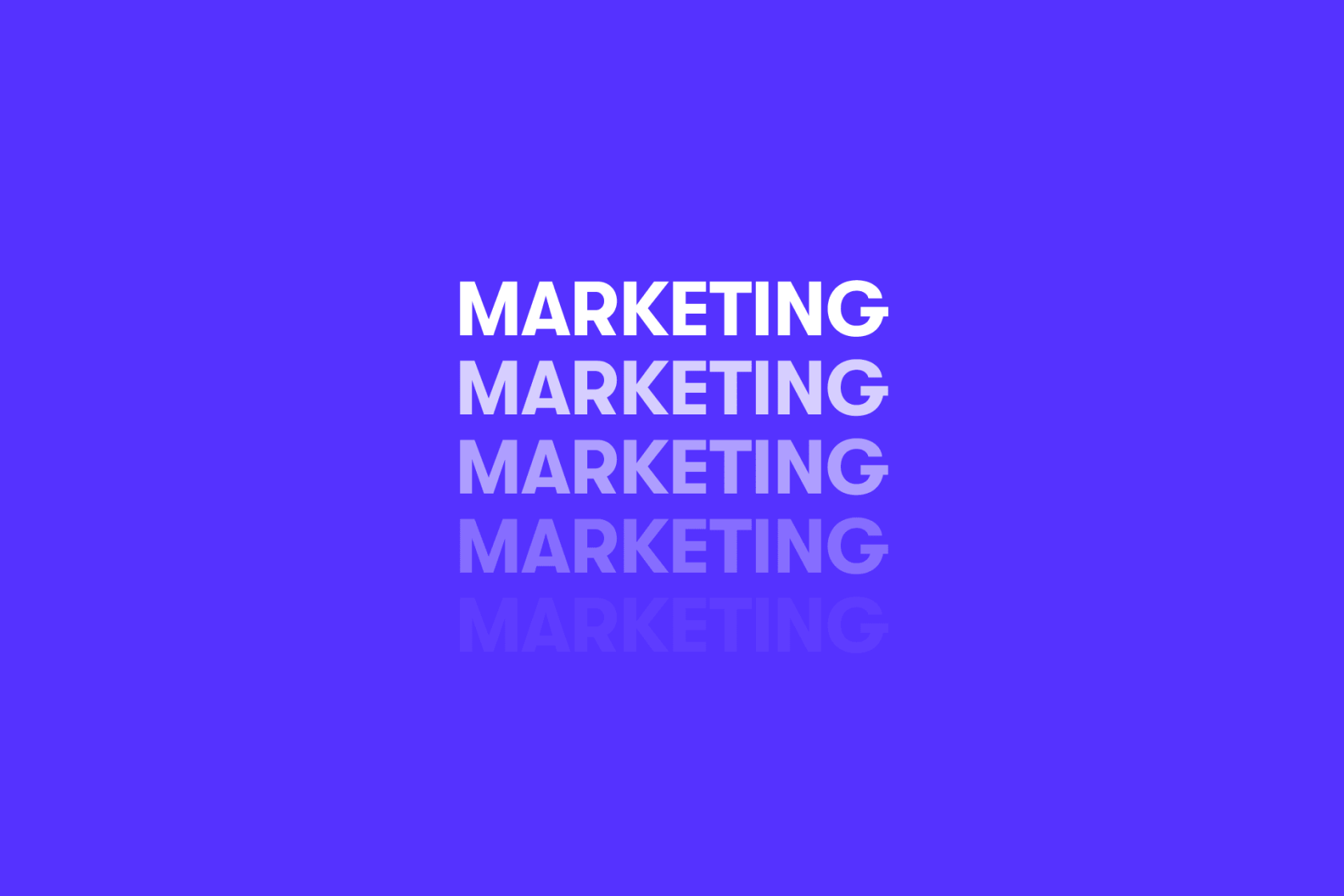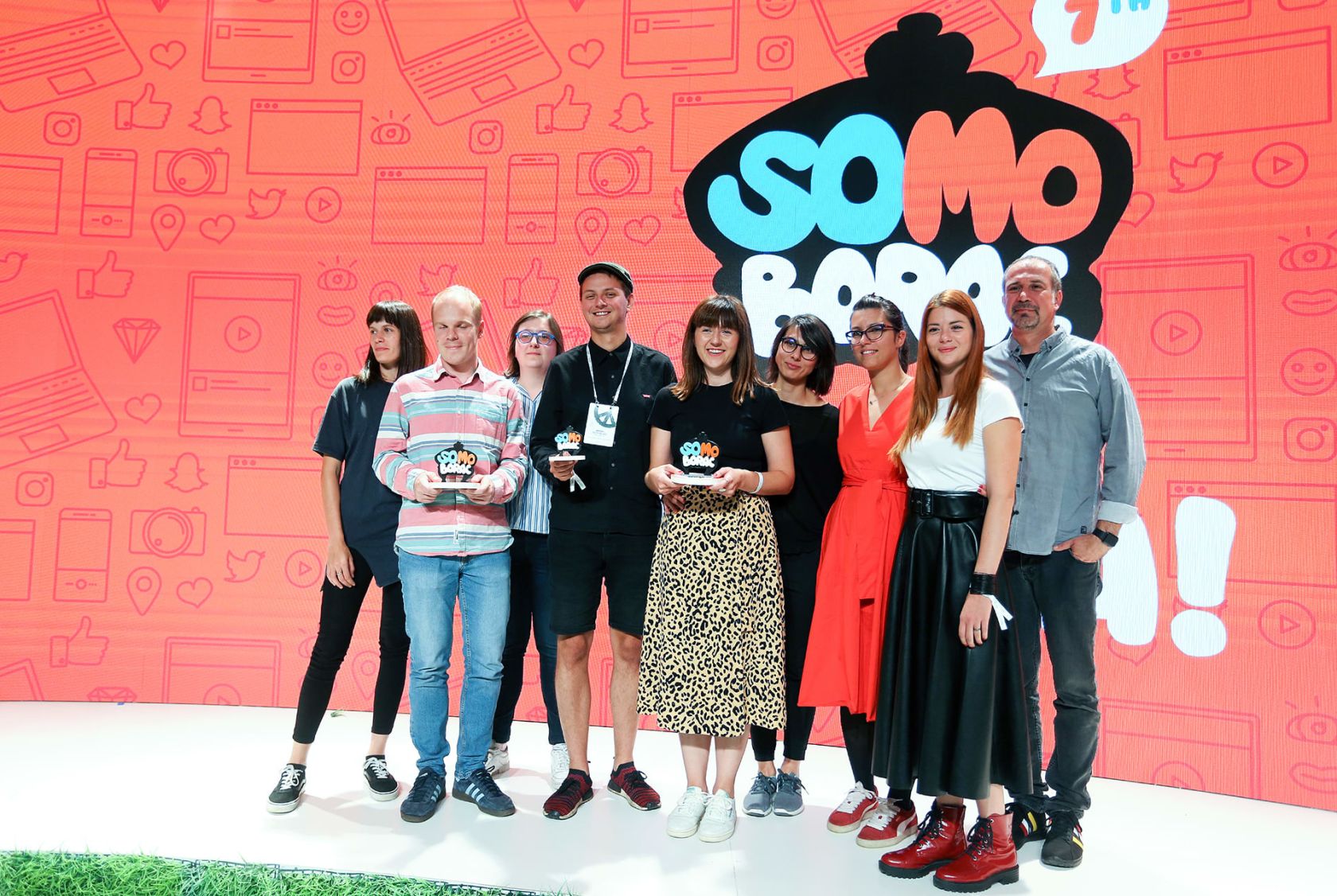
How has the internet democratized the marketing industry?
The world has been forever changed by the digital revolution, and we are just now starting to slowly see the consequences of that. Both the digitalization and the internet have greatly impacted the profound changes that we are witnessing in our economy, globalization and politics, which means that marketing and sales are just two tiny segments that have already been seriously impacted.
For years, people had been tremendously excited about the internet, social networks, new media and numerous innovations, which mainly came from the Silicon Valley. At the same time, the media uncritically celebrated everything that the fast-growing startups from northern California had brought with them. For years, we had had this optimistic view of the new center of the world, which promised to program a host of better solutions.
And even though something had been brewing in the background and the number of malcontents had been growing, the real change did not take place until the US presidential elections, when the Cali boys almost became the chief culprits for the election of Donald Trump. The same technology that had been celebrated for toppling down numerous dictators and launching various color revolutions has now become the main suspect. We are currently living through the age of disappointment over the technology, the so-called techlash (tech-clash). All that excessive enthusiasm has turned into bitter disappointment. Nonetheless, despite everything, the changes have been introduced and are substantial, and we are yet to see what the consequences will be.
Major changes in marketing
Firstly, both the internet and technology have completely democratized one’s approach to the media and marketing. Before the arrival of the internet, advertising was relatively expensive and inaccessible. TV commercials were reserved for the big players only. Only the biggest companies could afford the costs of filming and placing such ads. At the same time, more companies were able to afford advertising in the papers or on the radio; however, we are yet again talking about a very tiny and limited portion of the companies. The ads themselves were expensive and their number was limited. TV stations had between nine and twelve minutes of commercials, while the papers and the radio also had a limited number of ads they could run.
The first thing that the internet did was to remove those limits. Nowadays, the more we use the internet, the more potential ads we have. Google itself represents nearly an unlimited space for ads, as does Facebook. Consequently, the price of ads has dropped significantly. These days, nearly any company can buy an ad on Facebook. The internet has simplified advertising and considerably lowered its prices for everyone. Content production has been democratized as well. Any small business can now write about their operations, people and products on their blog or Facebook page, thus easily sharing it with others.
Secondly, there is no longer a link between content and advertising. In the past, traditional media were necessary for advertising as they produced the content that the audiences gathered around. If you wanted to sell fishing gear, you had to find your audience. The easiest thing to do was to find a magazine covering fishing, buy an ad, and you instantly knew that your target audience gathered around their content. That is no longer the case. Facebook, Google and many others already know that your friend is a fisherman because they have the data on his prior behavior online. It is not necessary for him to be reading about fishing at that particular moment for you to know that he is part of that audience. This new link between data and advertising is key for marketing.
Furthermore, the internet has democratized access to various business tools. Nowadays, nearly every hair salon uses Facebook not only to advertise, but also to provide customer service, book appointments, educate, etc. At the same time, Amazon Cloud provides you with storage space that only a few years ago you could not even imagine, while Google Maps gives you access to maps better than those that the US and Russia had during the Cold War. If you were to talk to an older colleague and tell them what an average small company could do these days for just a handful of dollars, I believe they would be shocked. Today’s companies are better and more complex than ever before. The tools are at your disposal – use them.
What was once a one-way communication is now a discussion
When we talk about marketing, the differences are significant. The approach to marketing has been democratized, but marketing itself has changed as well. Marketing was once a one-way means of communication, whereas today it is a discussion. You are still advertising your product or service to your audience, but the audience will now promptly react with questions, reviews or comments, and it is up to you to address them. An advertisement is no longer the conclusion, it is the beginning.
Many people from the traditional marketing world consider digital marketing to be just another channel, such as TV, radio, newspapers or billboards. Sadly, or fortunately for all of us, it is not that simple. Digital is not just a channel. Digital (or the internet) has changed everything. Within digital itself, there are hundreds or thousands of channels that are as varied as traditional channels. The difference between Facebook and web portals is equal to the difference between Facebook and print newspapers. Each social network has its rules and regulations. Digital has brought the number of channels and ad formats from a relatively limited set to an almost unlimited variety.
Secondly, the internet and digital have digitalized all the media. Print has slowly gone online and its transformation continues still. I believe you know very few people who buy newspapers every day, but that does not mean they are not reading them. You also probably know people who only have just the basic TV channel package and Netflix, or those who do not listen to the radio, but they do listen to podcasts. There are also those who see ads only when playing games. All the media will be completely digitalized and many of the existing rules that govern them will undergo a dramatic change. This does not mean we will not be using offline media; it just means they will be digitalized in some way. Have you noticed all the digital billboards around town?
All this does not mean it is crucial for your business to maintain a Facebook presence or for you to write your own blog. On the contrary, I would suggest to a number of companies that do have a presence there to shut down their pages. Every company should still think about what they want to achieve, which audience they are addressing, where their audience can be found, and which channels can be used to communicate with their audience. The gist is always the same. The difference is: the internet has provided everyone with access to marketing, thus creating an unbelievable number of channels and formats. All marketing is going digital. That is why we can say that the golden age of marketing is yet to come.
